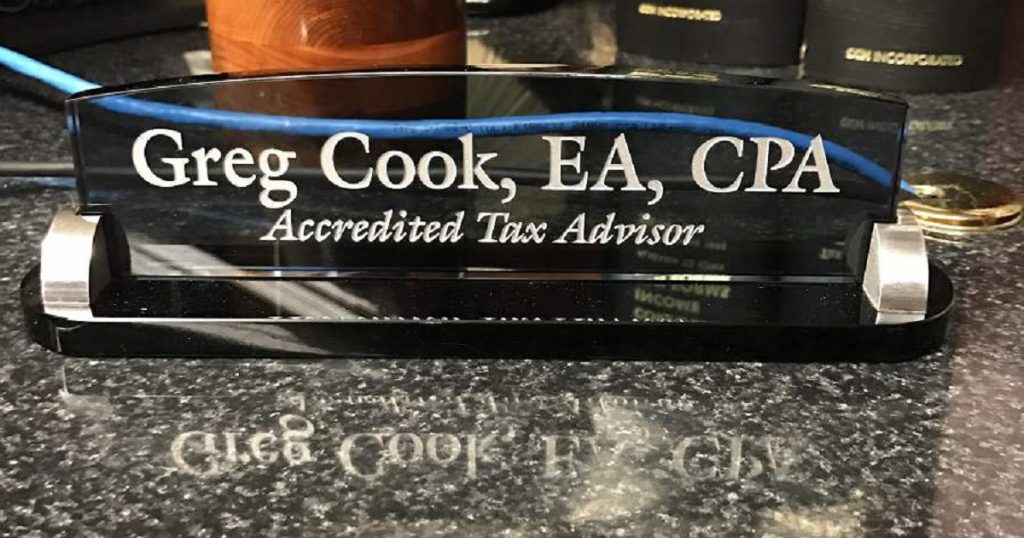If you do not carry on your business or investment activity to make a profit, you cannot use a loss from the activity to offset other income. Activities you do as a hobby, or mainly for sport or recreation, are often not entered into for profit.
The limit on not-for-profit losses applies to individuals, partnerships, estates, trusts, and S corporations. It does not apply to corporations other than S corporations.
In determining whether you are carrying on an activity for profit, several factors are taken into account. No one factor alone is decisive. Among the factors to consider are whether:
- You carry on the activity in a businesslike manner,
- The time and effort you put into the activity indicate you intend to make it profitable,
- You depend on the income for your livelihood,
- Your losses are due to circumstances beyond your control (or are normal in the start-up phase of your type of business),
- You change your methods of operation in an attempt to improve profitability,
- You (or your advisors) have the knowledge needed to carry on the activity as a successful business,
- You were successful in making a profit in similar activities in the past,
- The activity makes a profit in some years, and
- You can expect to make a future profit from the appreciation of the assets used in the activity.
Presumption of Profit
An activity is presumed carried on for profit if it produced a profit in at least 3 of the last 5 tax years, including the current year. Activities that consist primarily of breeding, training, showing, or racing horses are presumed carried on for profit if they produced a profit in at least 2 of the last 7 tax years, including the current year. The activity must be substantially the same for each year within this period. You have a profit when the gross income from an activity exceeds the deductions.
If a taxpayer dies before the end of the 5-year (or 7-year) period, the “test” period ends on the date of the taxpayer’s death.
If your business or investment activity passes this 3- (or 2-) years-of-profit test, the IRS will presume it is carried on for profit. This means the limits discussed here will not apply. You can take all your business deductions from the activity, even for the years that you have a loss. You can rely on this presumption unless the IRS later shows it to be invalid.
Using the Presumption Later
If you are starting an activity and do not have 3 (or 2) years showing a profit, you can elect to have the presumption made after you have the 5 (or 7) years of experience allowed by the test.
You can elect to do this by filing Form 5213. Filing this form postpones any determination that your activity is not carried on for profit until 5 (or 7) years have passed since you started the activity.
The benefit gained by making this election is that the IRS will not immediately question whether your activity is engaged in for profit. Accordingly, it will not restrict your deductions. Rather, you will gain time to earn a profit in the required number of years. If you show 3 (or 2) years of profit at the end of this period, your deductions are not limited under these rules. If you do not have 3 (or 2) years of profit, the limit can be applied retroactively to any year with a loss in the 5-year (or 7-year) period.
Filing Form 5213 automatically extends the period of limitations on any year in the 5-year (or 7-year) period to 2 years after the due date of the tax return for the last year of the period. The period is extended only for deductions of the activity and any related deductions that might be affected.
You must file Form 5213 within 3 years after the due date of your tax return (determined without extensions) for the year in which you first carried on the activity, or, if earlier, within 60 days after receiving written notice from the IRS proposing to disallow deductions attributable to the activity.

Gregory J. Cook is an Enrolled Agent, licensed by the U.S. Treasury Department to represent taxpayers before all administrative levels of the Internal Revenue Service. Greg also holds Certified Public Accountant licenses in the States of Alabama and Tennessee.


Facebook Comments